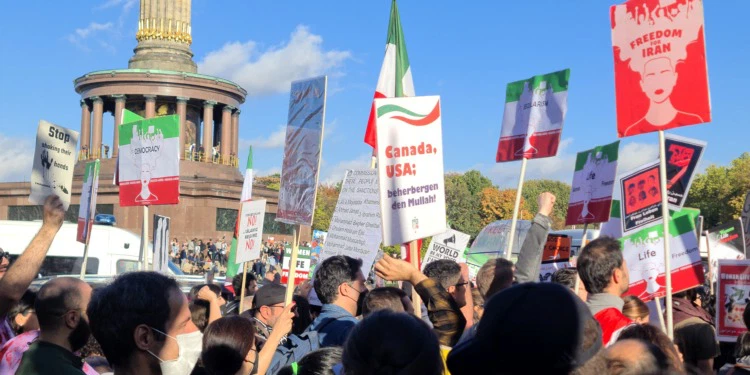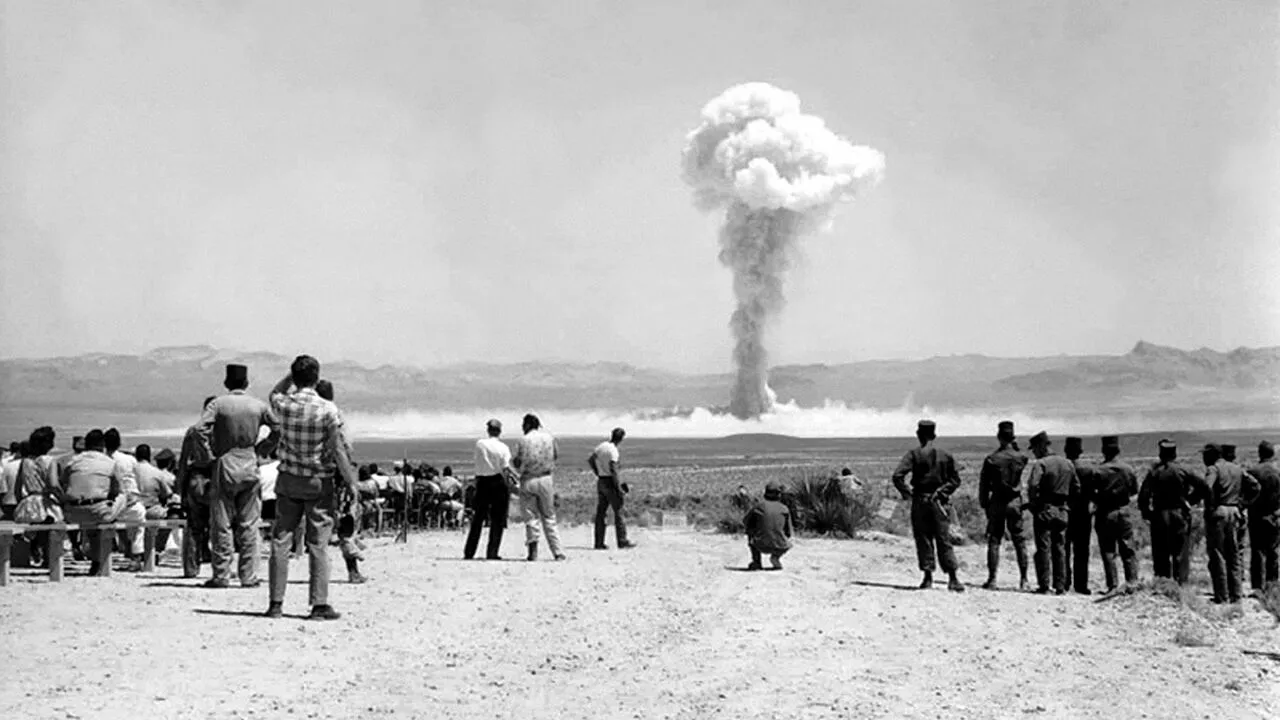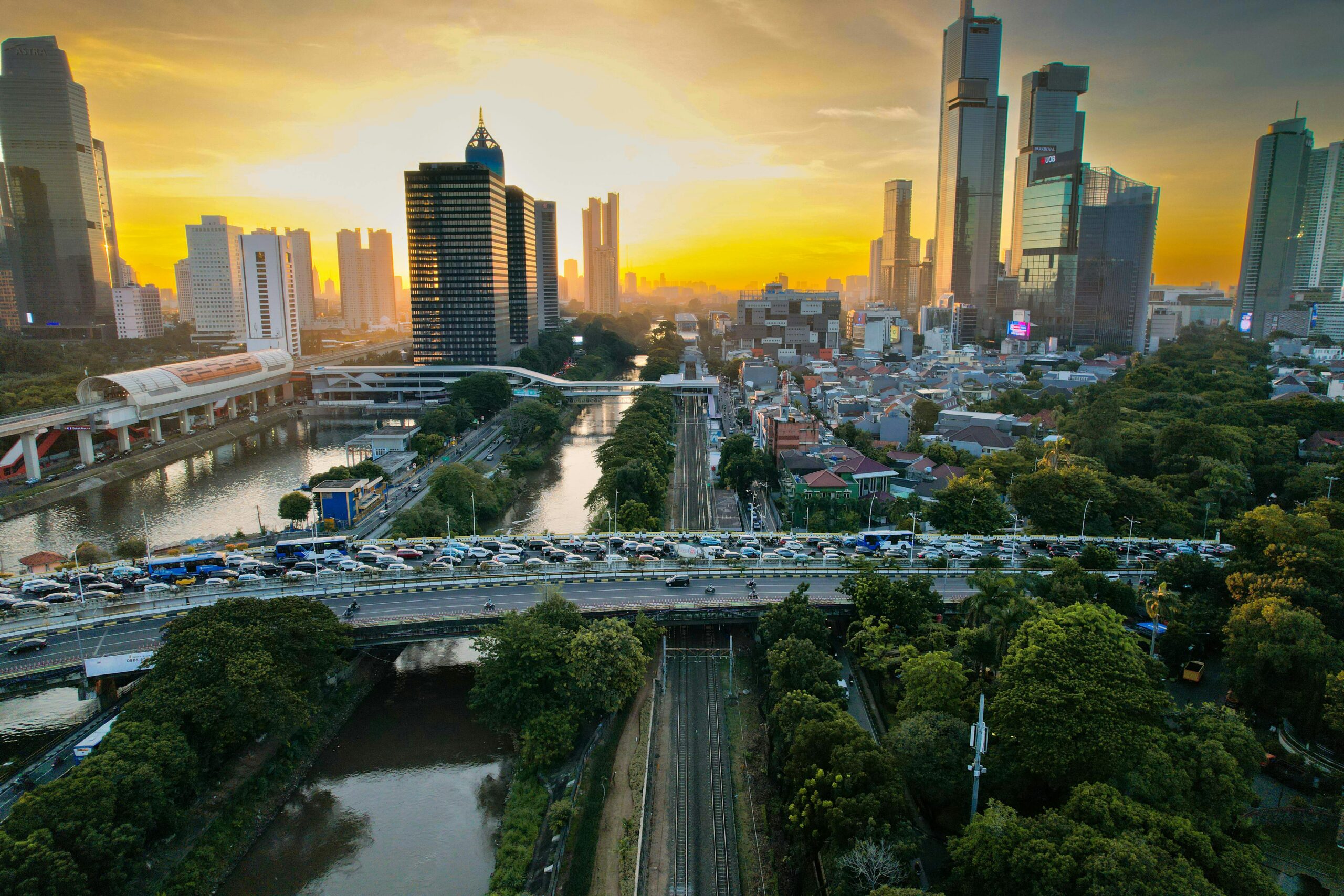Think thanks are increasingly performing diplomatic functions that were traditionally the sole preserve of state officials.
If a key aspect of diplomacy is how your country is seen abroad, official diplomats are not the only actors. As American author Parag Khanna memorably described it, diplomacy is no longer the stiff waltz of elites but the jazzy dance of the masses.
These days the perception of a country is more likely to be shaped by factors other than government-to-government relations. These might be impressions gained through media and social media. It might be personal experience through tourism and educational exchange. It could be reactions to a country’s products and businesses. Or perhaps the impact on the senses left by cuisine, film, music and art.
It’s as much about then-Prime Minister Malcolm Turnbull and Narendra Modi taking selfies on the Delhi metro as formal negotiations.
In this changing diplomatic landscape, a range of actors – including think tanks – have a role to play. While official diplomats are still the primary agents, there are others who perform some of the functions of traditional diplomacy both in their activities and methods. Think celebrities like Angelina Jolie, who has worked directly with the UK foreign secretary to promote an international response to sexual violence in war.
When I was asked to write a book on think tank diplomacy my first reaction was “is that even a thing?” And, certainly, not long ago the very term would have been met with bemusement: it would have been unimaginable to put think tanks in the same breath as state-sanctioned diplomats accorded all the protections and privileges of their position.
But diplomacy can now be seen less as an institution than a behaviour. Broken down into diplomatic functions, the notion of think tank diplomacy is not impossible. Think tanks can conduct or support at least four diplomatic activities: negotiation, communication with foreign publics, information-gathering and promoting friendly relations.
Think tanks: better than you think
A problem in looking at this area is that the term “think tank” can confuse as much as it enlightens. As AIIA National President Allan Gyngell AO FAIIA observes, “You now hear the expression used to describe everything from the majesty of the RAND Corporation with its 1600 staff and budget of $260 million to a couple of part-time bloggers with some strong views”.
At its simplest I’d define a think tank as an organisation (rather than an individual) which attempts to exert influence upon public policy making (rather than as a purely academic pursuit) through independent intellectual products (which could include reports, publications, events, advice or other activities).
Australia’s leading think tanks as ranked by the University of Pennsylvania’s global think tank index include the Australian Institute of International Affairs (AIIA) and the Lowy Institute on foreign policy, the Australian Strategic Policy Institute (ASPI) on defence and the Grattan Institute on health, cities and education.
Think tanks are needed because public policy isn’t always based on the best evidence or ideas. At their finest, think tanks can improve the quality of government by providing ideas, intellectual resources and spaces for debate. So ASPI identifies policy choices and trade-offs at a future submarine conference, the AIIA helps experts to share knowledge through the EU-Australia Leadership Forum or the Grattan Institute provides hard facts in a paper on Australia’s electricity market. Think tanks can provide a bridge between the world of policy and other voices and help anchor debate in research-based evidence.
The problem for reputable think tanks is that the water can be muddied by organisations claiming to be think tanks that aren’t deserving of that status. This has been an issue overseas where organisations funded by industry, such as tobacco companies, have used the label to claim legitimacy. To be clear: lobbyists are not think tanks – like marketing firms, they are hired by a client to communicate a message through a creative strategy; they advocate a pre-defined position and produce no independent intellectual products. There is justifiable public concern about these more self-interested organisations and the influence they wield with no responsibility to consider the wider interests of society. There are also public concerns about the influence of funders on think tanks’ output which can be seen in recent coverage of the US Studies Centre and the Australia-China Relations Institute.
Arguably what this points to is an issue of transparency. As US academic Daniel Drezner notes, the fact that we live in a world of special interests is unavoidable. However, there are initiatives like Transparify that encourage think tanks to make the funding of their research public to deal with the perception that funding may have bought influence over think tanks’ results.
Think tanks should be judged by the quality of their outputs and the contribution they make to improve the nature of public debate.
A day in the life of think tanks in international affairs
So let’s take a day: 15 December 2016. What impact did think tanks have on diplomacy that day?
US think tank the Center for Strategic & International Studies published photographs suggesting that China had installed weapons on seven disputed islands in the South China Sea. These satellite images were featured in CNN, BBC, The Wall Street Journal, Financial Times, Al Jazeera and many other news outlets around the world. Under pressure, the Chinese Foreign Ministry was forced to issue a statement justifying China’s deployment of defensive facilities as legitimate. This increased awareness of what had been a lower-profile territorial dispute with Germany’s Chancellor Angela Merkel describing the issue as a “serious conflict”.
Also on 15 December, the International Crisis Group – established by former foreign minister the Hon Gareth Evans AC FAIIA – released a report on a new Muslim insurgency in Myanmar with links to Saudi Arabia, Pakistan and Afghanistan. It received significant coverage, from the Los Angeles Times to Euronews, and generated fears that Myanmar’s Rakhine state could become the next recruiting ground for ISIS. A few days later, foreign ministers from the Association of Southeast Asian Nations met and discussed the situation, in a rare departure from ASEAN’s usual policy of not interfering in internal affairs. Under pressure, Myanmar agreed to grant necessary humanitarian access to the area.
And in Aleppo, 15 December saw the evacuation of thousands of civilians following a ceasefire between the parties in Syria’s civil war. One of these parties, Syria’s High Negotiations Committee, works with Independent Diplomat, a non-profit advisory group that supports it in diplomatic negotiations. Coverage of the evacuation relied on the work of think tanks tracking the devastation brought by the conflict: the UK-based Syrian Human Rights Observatory, the Budapest-based Centre for Conflict, Negotiation and Recovery and the Syrian Centre for Policy Research. At the meeting of the European Council on 15 December, the EU’s 28 leaders strongly condemned the continued assault on Aleppo by the Syrian regime and its allies.
Drawn from just one day in an eventful year, these examples give a taste of the roles that think tanks can play in international affairs and the potential influence they can wield.
If you start looking, you can see think tanks everywhere in international relations: from the influence of think tank studies supporting the “Leave” case for Brexit to the involvement of think tanks in negotiating the Paris Agreement on climate change; from the Shangri-La Dialogue to the World Economic Forum.
As think tanks operate more in the diplomatic space, they must continue to explain their work and the value they provide to show their legitimacy as actors in international affairs.
Melissa Conley Tyler is National Executive Director of the Australian Institute of International Affairs. Her book ‘Think Tank Diplomacy’ has been published in the Brill Research Perspectives in Diplomacy and Foreign Policy series.
This article is published under a Creative Commons Licence and may be republished with attribution.




